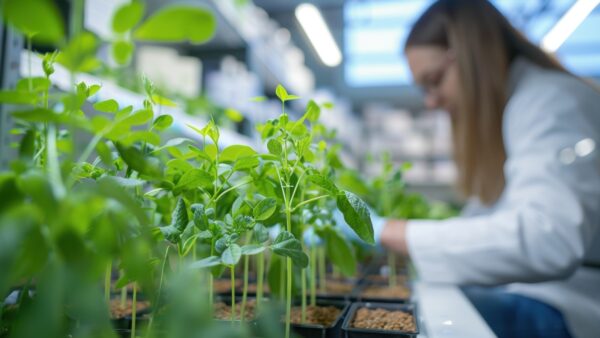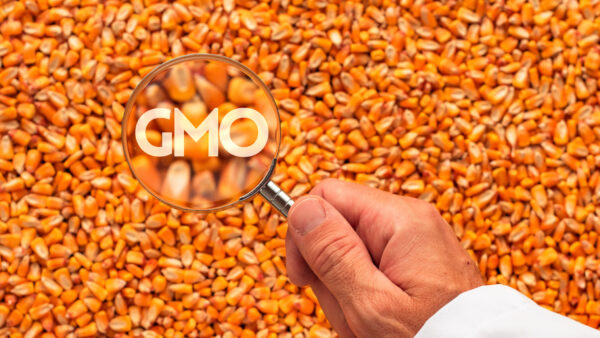Today (May 3), the U.S. Department of Agriculture (USDA) announced the final steps in establishing a new food labeling law. This final rule would establish the National Bioengineered Food Disclosure Standard mandated by Congress in 2016.
According to the USDA’s website, the standard will provide a uniform way to offer meaningful disclosure for consumers who want more information about their food and avoid a patchwork system of state or private labels that could be confusing for consumers and would likely drive up food costs.
“This rulemaking presents several possible ways to determine what foods will be covered by the final rule and what the disclosure will include and look like,” says Sonny Perdue, Secretary of Agriculture. “We are looking for public input on a number of these key decisions before a final rule is issued later this year.”
Comments may be submitted online through the Federal eRulemaking portal www.regulations.gov beginning Friday May 4.
The deadline for comments is July 3, 2018.
The National Corn Grower’s Association (NCGA) states that the rule published today is a critical step towards the National Bioengineered Food Disclosure Standard: “The Coalition for Safe Affordable Food remains committed to a standard that gives consumers access to information about the food they purchase; ensures that farmers continue to have the tools they need to feed a growing world population; and provides certainty to food manufacturers, retailers and others in the supply chain.
“Over 1,100 national, state, and local organizations representing the food and agriculture value chain supported enactment of the Bioengineered Food Disclosure Act, because it prevented a state-by-state patchwork of labeling laws, that would have cost U.S. consumers, farmers and manufacturers billions of dollars.
“Given the importance of ensuring the final rule is in place by the statutory deadline, the Coalition will be analyzing the proposed rule and developing coordinated food and agricultural industry comments over the next 60 days. The Coalition looks forward to providing the Department with input that reflects the needs of consumers, farmers and the rest of the food value chain.”












